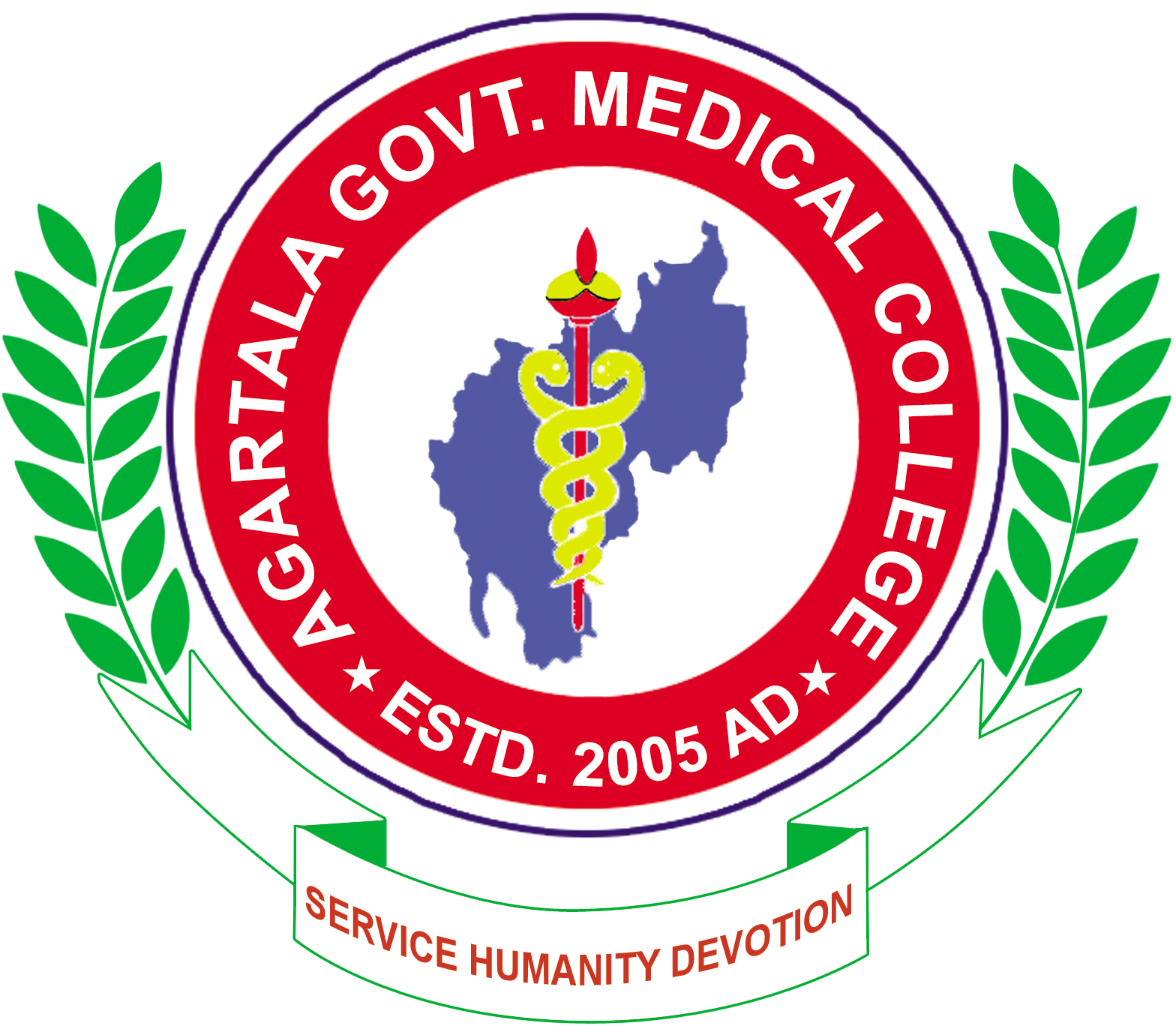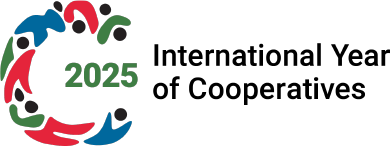DEPARTMENT OF NEUROSURGERY
The Department of Neurosurgery at AGMC is dedicated to the diagnosis, treatment, and management of disorders related to the nervous system, including the brain, spinal cord, and peripheral nerves. The department provides advanced neurosurgical care through a combination of state-of-the-art technology, specialized surgical techniques, and comprehensive patient management.
1. Academic Curriculum
The department offers education and training for undergraduate (MBBS) and postgraduate (MS/DM Neurosurgery) students. Key areas of study include:
- Neuroanatomy and Neurophysiology: Understanding the structure and function of the nervous system.
- Neurotrauma: Management of traumatic injuries to the brain and spinal cord.
- Neuro-oncology: Diagnosis and surgical treatment of brain and spinal cord tumors.
- Spinal Disorders: Management of spinal cord injuries, deformities, and degenerative diseases.
- Functional Neurosurgery: Surgical treatment of functional disorders such as epilepsy and movement disorders.
- Endoscopic Neurosurgery: Minimally invasive techniques for managing neurological conditions.
2. Clinical Services
The Department of Neurosurgery provides a comprehensive range of clinical services:
- Emergency Neurosurgery: Immediate care for acute neurosurgical conditions, including trauma, hemorrhage, and infections.
- Elective Neurosurgery: Planned surgical procedures for conditions such as tumors, spinal disorders, and congenital abnormalities.
- Neurotrauma Care: Specialized management of traumatic brain injuries (TBI) and spinal cord injuries.
- Neuro-oncology: Surgical intervention for brain and spinal tumors, including biopsy, resection, and adjuvant therapy.
- Spinal Surgery: Treatment of spinal disorders, including decompression, fusion, and correction of deformities.
- Functional Neurosurgery: Surgical management of epilepsy, Parkinson’s disease, and other movement disorders.
3. Faculty
The department is led by experienced neurosurgeons and specialists:
- Head of Department (HOD): Dr. [Name], MS/DM (Neurosurgery), specializing in [specialization], leading the department’s neurosurgical services and educational programs.
- Senior Faculty Members: Experts in various aspects of neurosurgery, including trauma, oncology, spinal surgery, and functional neurosurgery.
4. Workshops, Seminars, and Conferences
The department organizes educational events to advance knowledge and skills in neurosurgery:
- Workshops on Neurosurgical Techniques: Hands-on training in advanced surgical techniques, including endoscopic and minimally invasive procedures.
- Seminars on Neurotrauma and Neuro-oncology: Discussions on current trends, case studies, and innovations in neurosurgery.
- Conferences on Neurosurgery: Exploration of new research, technologies, and best practices in neurosurgical care.
5. Facilities and Resources
The Department of Neurosurgery is equipped with state-of-the-art facilities:
- Neurosurgical Theatres: Equipped with advanced surgical tools and technology for complex neurosurgical procedures.
- Neurointensive Care Unit (NICU): Intensive care facilities for monitoring and managing critically ill neurosurgical patients.
- Diagnostic Imaging: On-site imaging services, including MRI, CT scans, and angiography, for accurate diagnosis and treatment planning.
- Neurorehabilitation Unit: Facilities for post-surgical rehabilitation, including physical therapy and cognitive rehabilitation.
6. Research and Publications
The department is actively involved in research to improve neurosurgical care and management:
- Neurosurgical Research: Studies on new surgical techniques, patient outcomes, and innovations in neurosurgery.
- Neurotrauma Research: Investigation into effective management strategies for traumatic brain and spinal injuries.
- Neuro-oncology Research: Research on new treatments and surgical approaches for brain and spinal tumors.
- Publications: Faculty members contribute to scientific journals and conferences with research findings and clinical insights.
7. Student Involvement
Students are actively engaged in practical training and research:
- Clinical Rotations: Hands-on experience in the neurosurgery unit, including patient assessment, surgical procedures, and post-operative care.
- Research Projects: Opportunities to participate in research related to neurosurgery, neurotrauma, and neuro-oncology.
- Educational Activities: Involvement in workshops, seminars, and case discussions to enhance understanding of neurosurgical practices.
8. Community Outreach Programs
The department is committed to improving neurosurgical care and awareness through outreach initiatives:
- Neurosurgery Awareness Campaigns: Educating the community about neurological disorders, trauma prevention, and available treatments.
- Health Camps: Conducting community health camps to provide basic neurological assessments and medical education.
- Support Groups: Organizing support groups for patients and families affected by neurological conditions and neurosurgical procedures.
9. Future Directions
The Department of Neurosurgery at AGMC aims to:
- Enhance Neurosurgical Services: Invest in advanced technologies and improve neurosurgical care processes.
- Promote Research and Innovation: Foster research in neurosurgery to advance patient outcomes and surgical techniques.
- Expand Community Outreach: Increase outreach programs and educational initiatives to enhance awareness and prevention of neurological disorders.
- Advance Education and Training: Develop new educational programs and training opportunities to stay current with advancements in neurosurgery.


